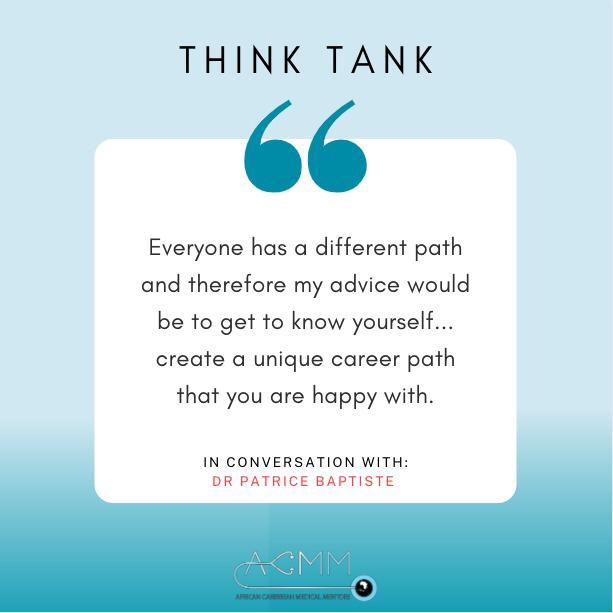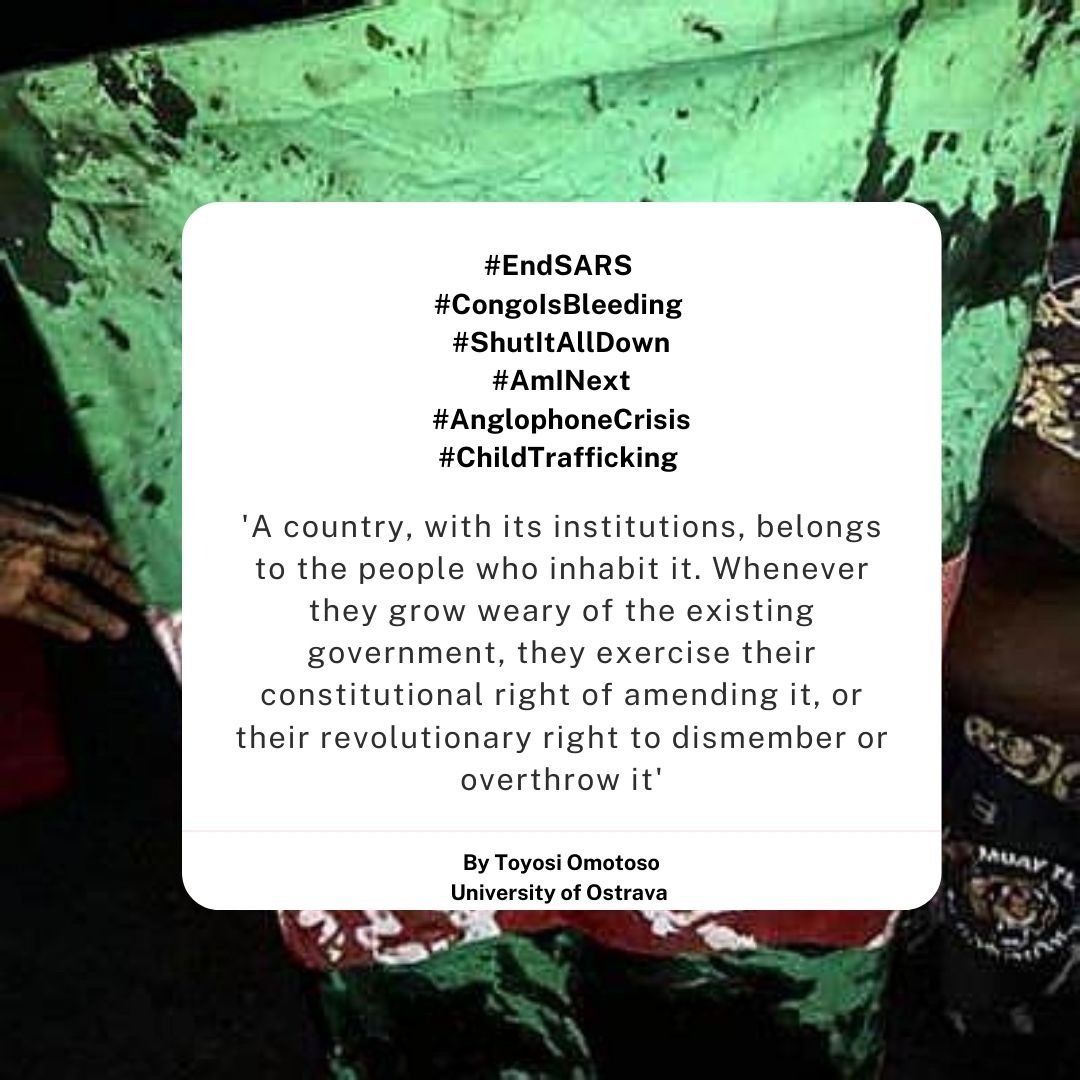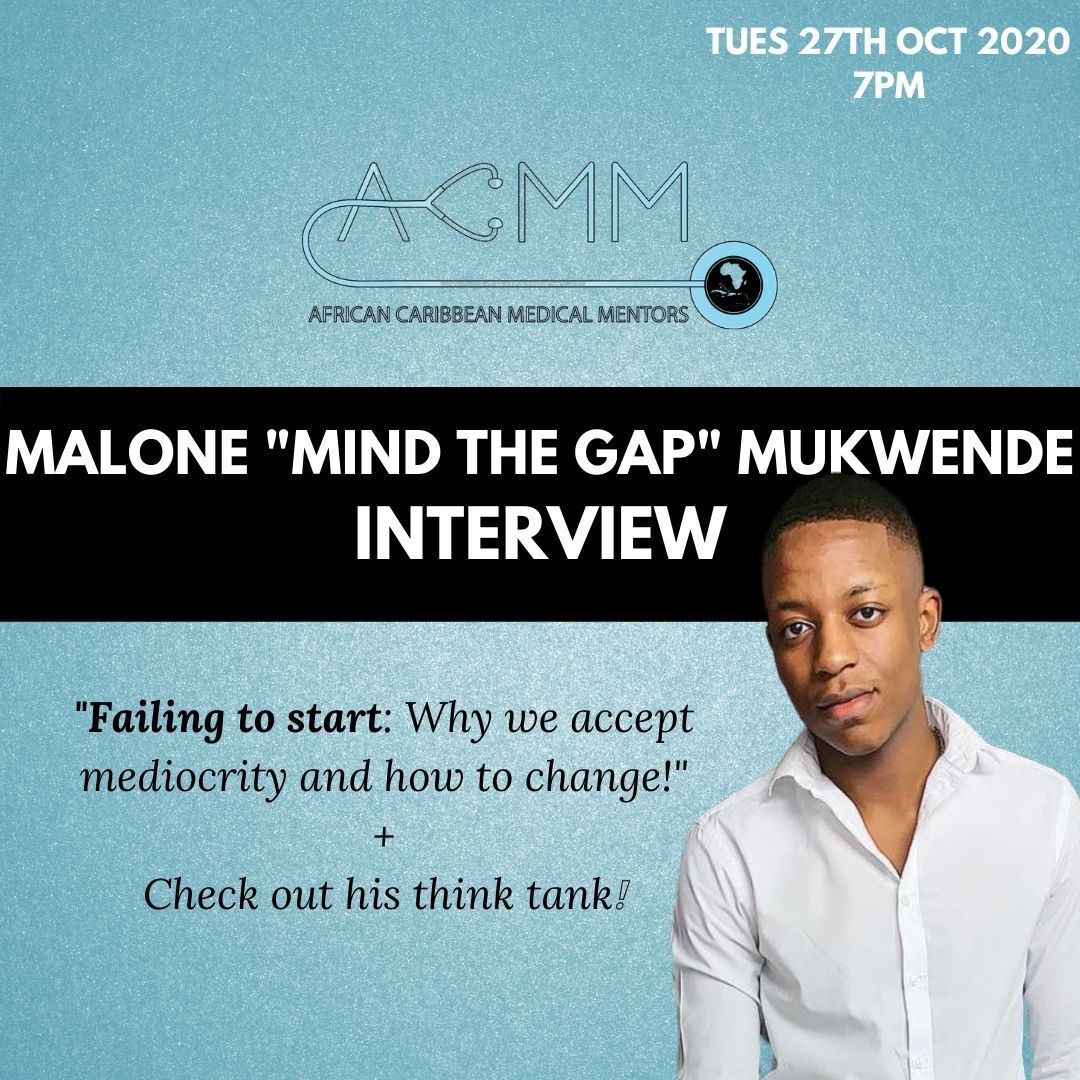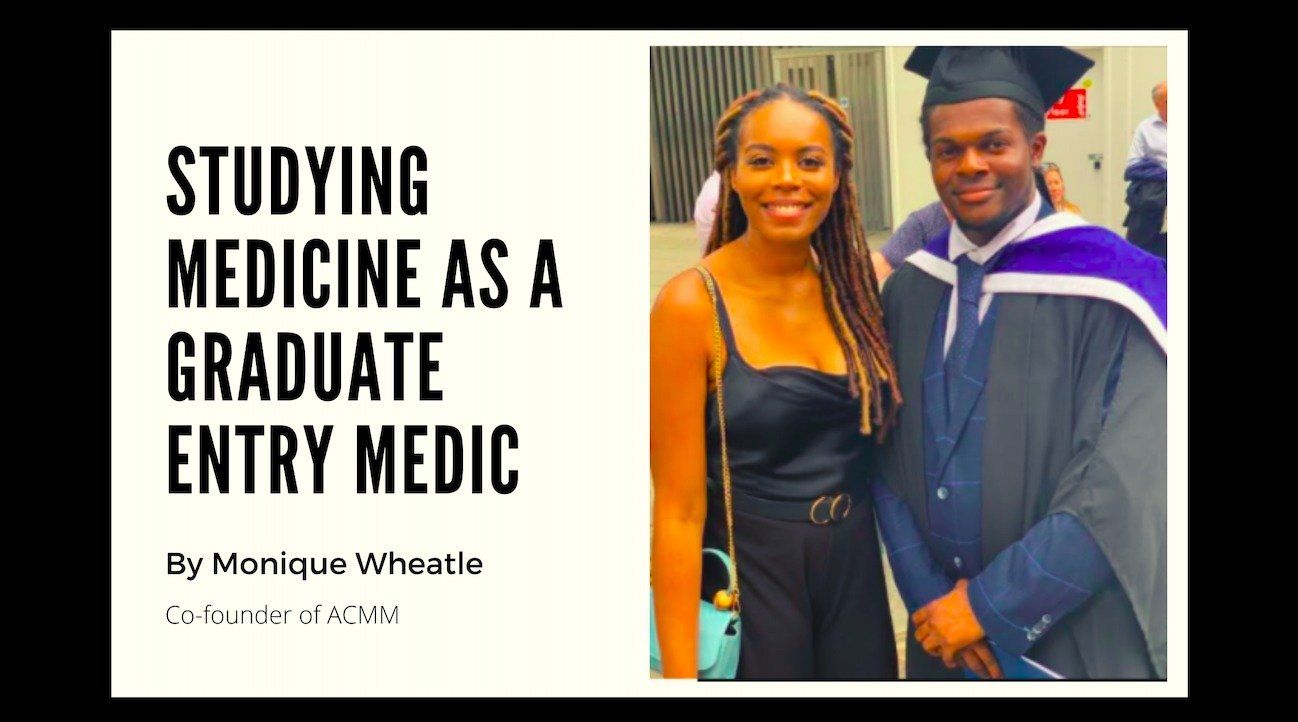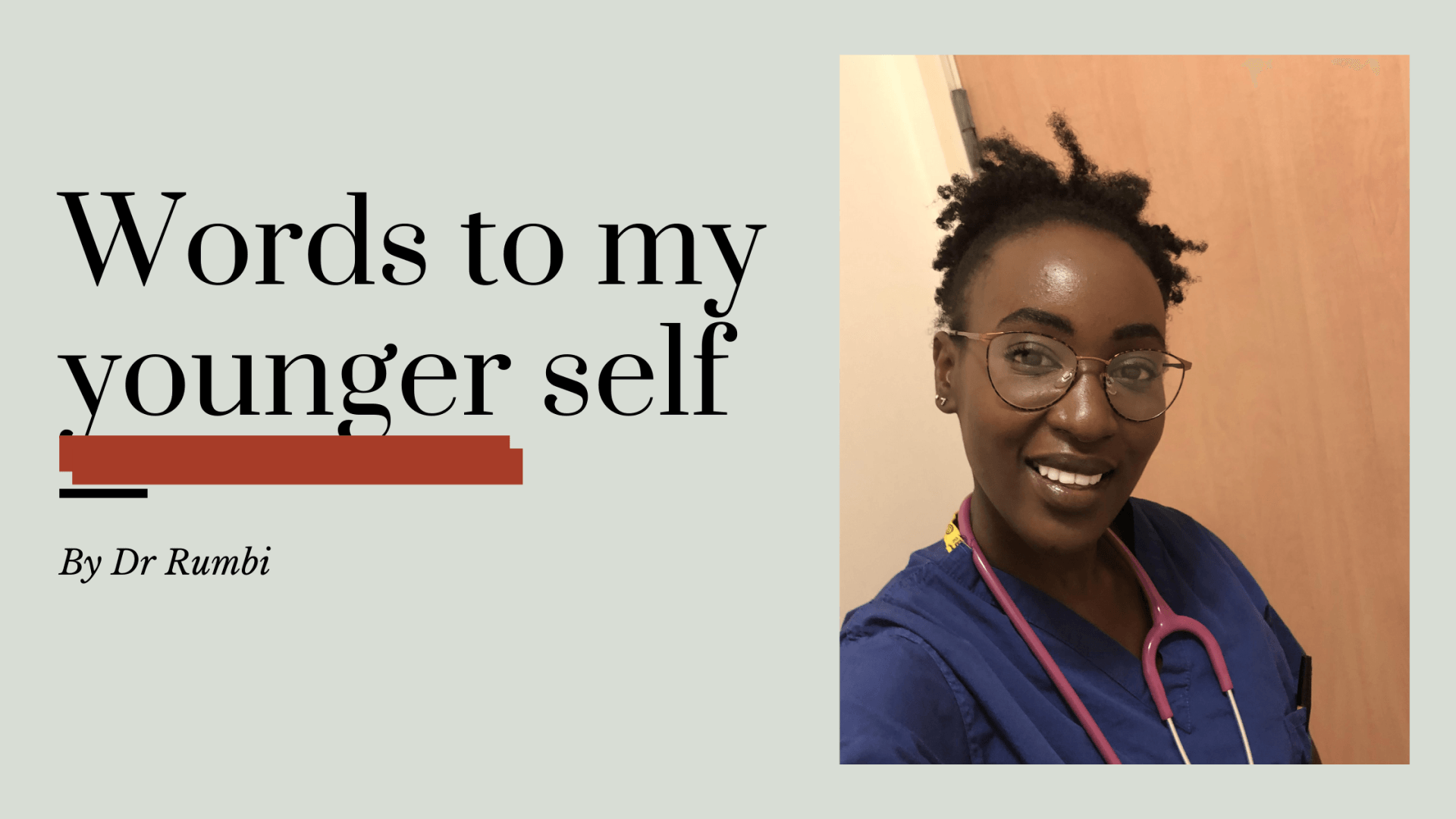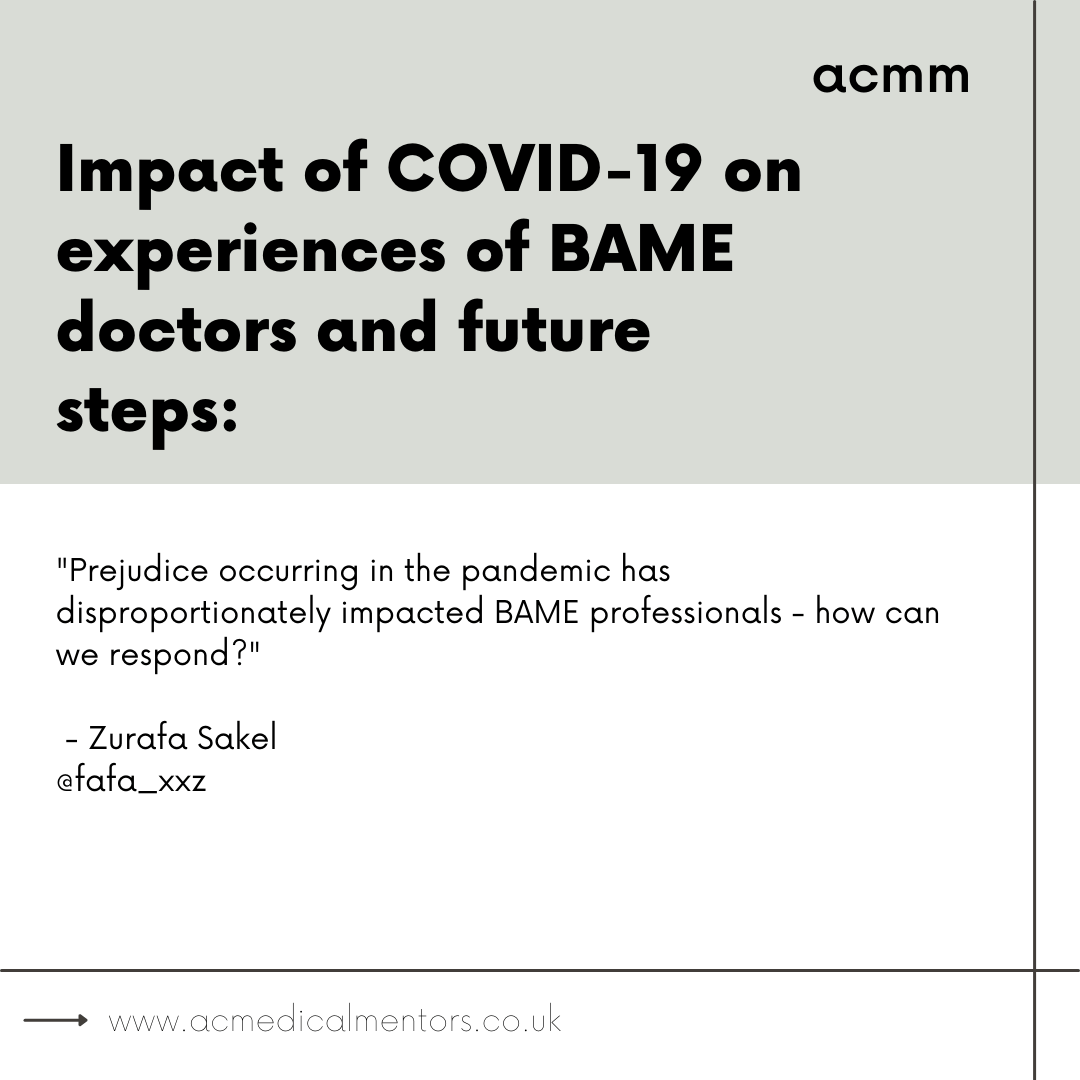The impact of racial injustice on a future doctor.
As a young child, living as a minority abroad, I always felt a sense of otherness. I was not quite sure why, but I knew I was different from my white counterparts. As I aged, this sense of otherness became more poignant as I realised my place in society. Having always wanted to become a doctor, I don’t remember a single teacher at school encouraging me when my desires were shared – more often than not I was met with “why don’t you think about other career options, medicine is very difficult”.
In wider society, I was not represented. In adverts, there were never women who looked like me and, in most UK TV programmes black people were rare or insignificant. I never once saw a black doctor, black lawyer or successful black person represented. I only saw black people struggling, either as slaves, in poverty or in gangs. I was a silent ethnicity in the media unless it was negative. I watched black boys I knew being harassed by the police and never came across a black teacher or lecturer – never had a motivator who wanted to see me win because I reminded them of their niece or cousin.
As I grew older, I completed a placement as part of my Biomedical Science degree and was met with both ignorance and racism. I would casually hear colleagues using the word “coloured” in the staff room. Constantly have people question why my hair had gone from 20” to 12” and whether they could touch it and say “Ooooh it’s so springy”.
As an adult, I have constantly been called “sassy” or “feisty” when I simply stand my ground, I have been seen as the spokesperson for everything black when in a room of all white faces. I am constantly seeing the videos of black men and women being wrongfully charged, wrongfully convicted, wrongfully abused and wrongfully killed by the system to which they pay their taxes.
I am always wary of travelling to certain places because of the possible racism in that area and taking the risk of being stared at (or worse) whilst I go for dinner or sit at a bar.
As a medical student, I am surrounded by other students that not only don’t look like me but have been brought up completely different to me – some who have never met a black person in their life. For example, a fellow medical student said to me - “Wow you managed to do two braids in your hair, did that take long? Your hair is just so…bouncy”. I am constantly having to manage a racist curriculum where the epidemiology of disease in black people goes unmentioned unless it is diabetes or sickle cell. Being shown a rash on a white patient and being told that this is how you diagnose….but what about our black patients?
I have heard doctors say “Those sickle patients just come in demanding medication, a lot of them just want pain meds” and know that if it had been a different demographic, those comments would not have been so freely thought or made.
I have experienced patients and doctors constantly making much more eye contact with my white counterparts than me whilst on the wards. I am always mistaken for the nurse although I’m not wearing a uniform and have a stethoscope around my neck.
And the deaths. The deaths of black people who could have have been your cousin, your aunt, your brother, your nephew. Deaths not only so harrowing and unjust to start with but that then go without punishment. Another black life lost with no repercussion.
My experiences are those that many of my fellow black medical students and doctors have experienced. My stories echo so much truth for so many others which shows the work that desperately needs to be done. Statistics back up the impact of these experiences, the impact of this bias on both attainment and mental health.
1. Black women being 5x as likely to die from childbirth
2. Medical school curriculum showing how diseases present on white skin
3. COVID:19 - recent reports of black people being more likely to die from the disease
4. Black female doctors are paid less compared to their white counterparts
As a black woman, racism isn’t an abstract idea that seems cruel and unfair. Racism underpins my opportunities, my daily thoughts, my experiences, my salary, my self-worth and ultimately my life. This is why, at ACMM, we stand with everyone fighting for black people to feel safe, valued and recognised as people. For us to have the opportunity to achieve and to breathe just like everyone else.
Resources:
- NHS Pay Gap report 2019
- Medical apartheid - The dark history of Medical Experimentation on black Americans from Colonial times to the present
- UK Confidential enquiry into maternal deaths
- MBRACE-UK Report 2019
- COVID-19 Public health England report
- Mental health and explaining racism: https://metro.co.uk/2020/02/25/psychological-impact-constantly-explain-racism-12147969/
- COVID-19 report: COVID-19: review of disparities in risks and outcomes.
- US: https://blacklivesmatters.carrd.co/ #
- US bailout funds (equal distribution): https://secure.actblue.com/donate/bail_funds_george_flo yd
- UK: https://docs.google.com/document/d/10iIz_pFB8DzPkwddc8dcmJdJ0ZMITfTs7lvs4uyusZk/mobilebasic
Resources (including books and podcasts):
• https://docs.google.com/document/d/1aYPe21Rve3YPpozxZJE4C3WfWCvkvo_pyXkdzOARxho/mobilebasic
• https://docs.google.com/document/d/1ko1dRVSUtpDntIZ5SrewALLhcMDuhe69Om31oOHIkh8/edit
• https://drive.google.com/file/d/1-NVcFu9fFS-htYEo4hsQqMXemLJRXt1M/view?usp=drivesdk
Decolonising the medical human body:
• https://www.youtube.com/watch?v=pcj99LLYWqA&list=PLEDbLg0JnsgywL8CgBsMhTTkbY5UP-BTD&index=7&...
